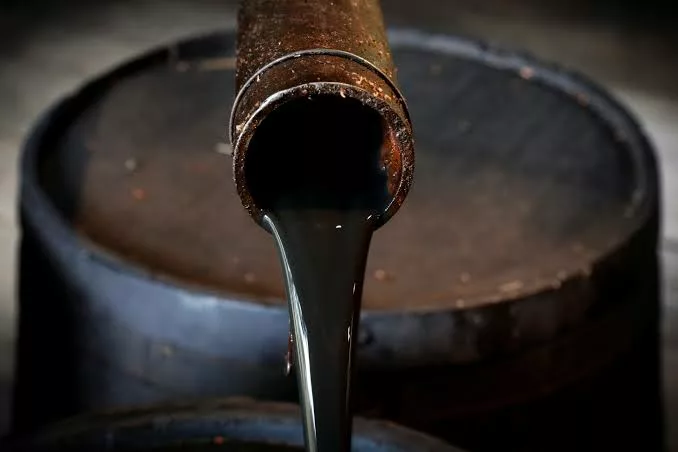The House of Representatives, on Wednesday, began investigation into alleged non-repatriation of Nigeria’s crude oil export proceeds estimated at over $850 billion between 1996 and 2014.
Chairman of the House Ad-hoc Committee on Pre-Shipment Inspection of Exports and Non-Repatriation of Crude Oil Proceeds, Hon. Seyi Sowunmi, said during the panel’s inaugural meeting at the National Assembly, Abuja.
He said recent allegations suggested a significant breakdown in compliance with the pre-shipment inspection of Exports Act with operators in the oil and gas sector reportedly failing to repatriate between 40 and 45 per cent of Nigeria’s crude oil export proceeds.
The lawmaker said this is contrary to the law which mandates full repatriation of export earnings within 90 days for oil exports and 180 days for non-oil exports.
Sowunmi also expressed concern over the “worrisome disparity” in export-earnings data reported by government agencies such as the Central Bank of Nigeria (CBN), Department of Petroleum Resources (now NUPRC), Nigerian National Petroleum Company (NNPC), and the National Bureau of Statistics (NBS), as well as inconsistencies between Nigerian data and that of international bodies like OPEC.
The chairman added that non-oil exports, especially those involving solid minerals and other commodities, have also been marked by “high non-compliant export earnings reports.”
He assured that the House of Representatives, under the leadership of Speaker, Rt. Hon. Tajudeen Abbas, was fully committed to supporting President Bola Tinubu’s Renewed Hope Agenda by plugging revenue leakages and recovering lost funds for the Federation Account.
Sowunmi further announced that the committee will actively utilise existing whistleblowing channels, promising confidentiality and possible financial rewards for individuals who provide credible information.
“The Committee will actively utilise existing whistleblowing channels, guaranteeing confidentiality and possible rewards for credible information from industry staff, inspection agents, bankers, and concerned citizens,” he stated, adding that this step was crucial to encourage transparency and expose fraudulent practices within the export value chain.
He called for the cooperation of all stakeholders—including oil operators, regulators, financial institutions, and exporters, emphasizsng that the investigation was a “whole-of-system exercise.”
“Operators must supply shipment-to-receipt trails; regulators must reconcile production, certification, and FX returns; and financial institutions must provide account-level evidence of repatriation within time. Where breaches are discovered, appropriate civil and criminal sanctions shall be applied,” he warned.







